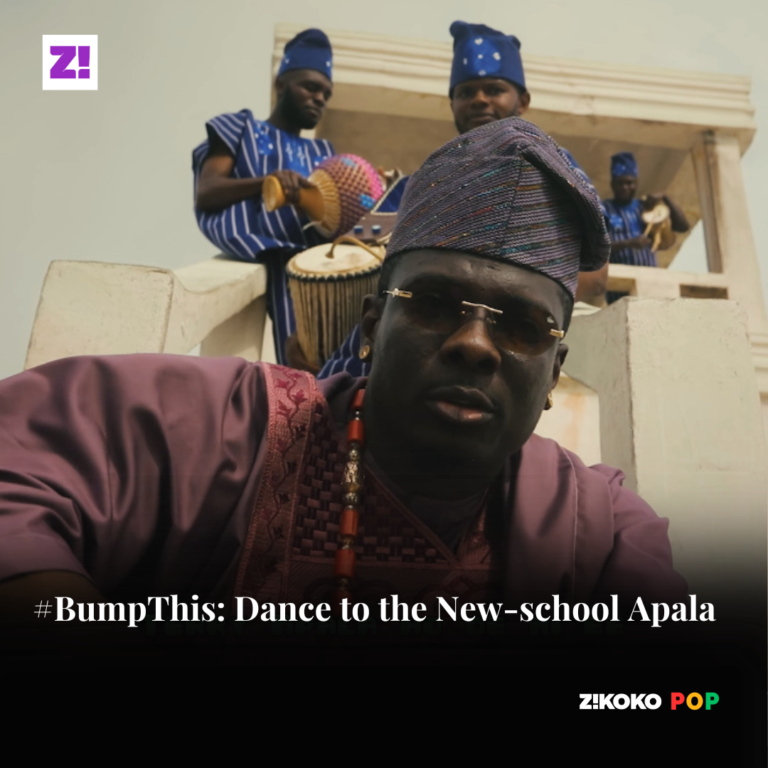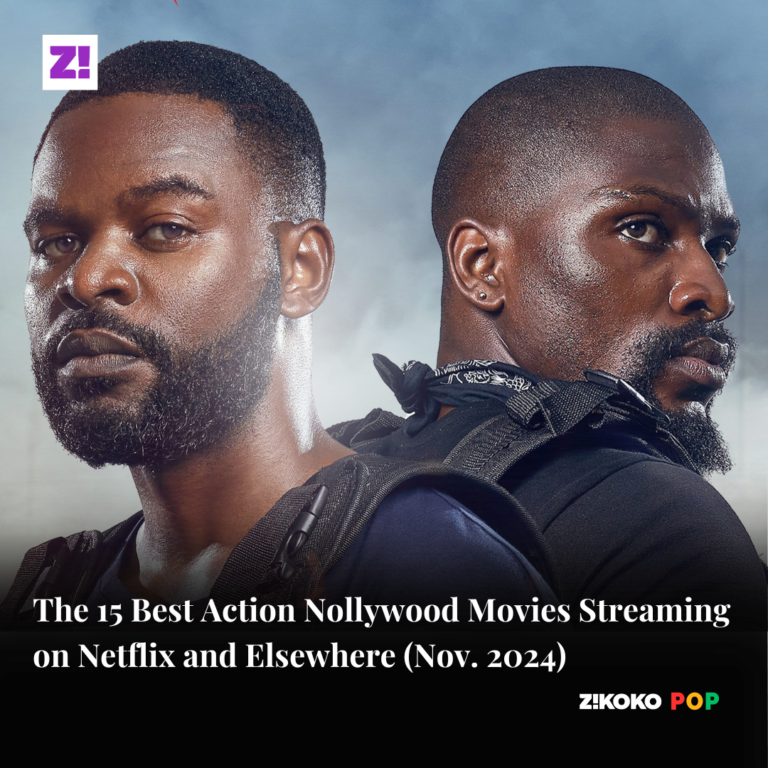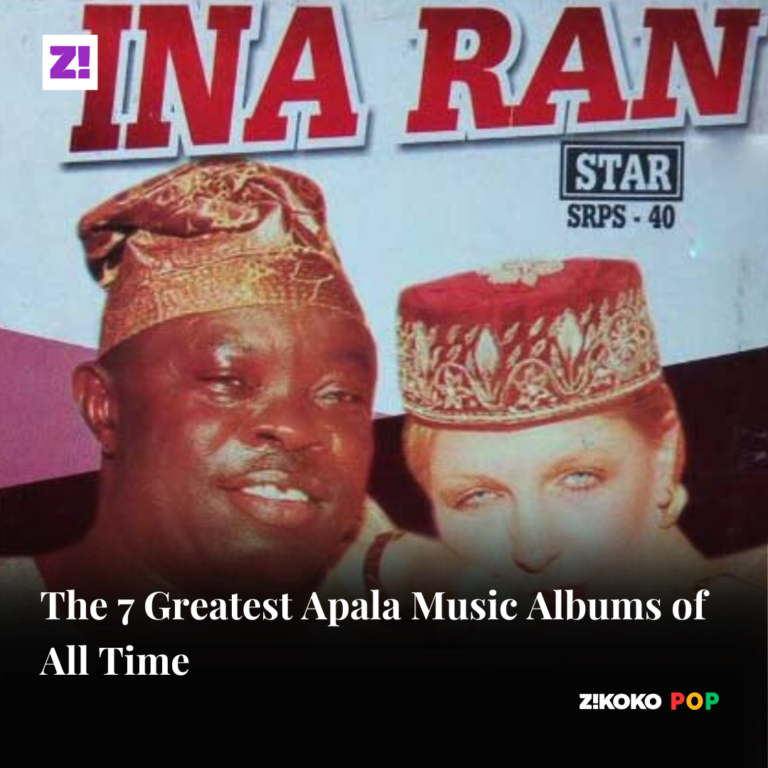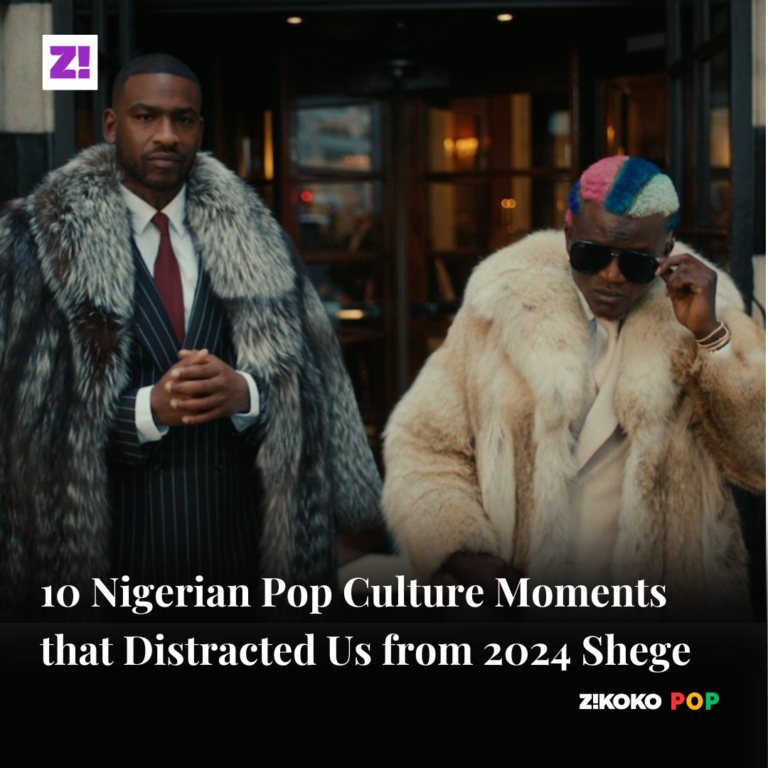The Nigerian national women’s football team, a.k.a the Super Falcons will play their first match at the FIFA’s 2023 Women’s World Cup, against Canada on July 21. Despite being underpaid and having little conversations around the team, the Super Falcons continue to thrive and stay relevant, ranking 45th out of 181.
The Super Falcons became popular in 1999 when they reached the quarter-final (knocked out by Brazil, 3-4) of the FIFA Women’s World Cup competition hosted by the United States of America. Their earned achievements have positioned them as Africa’s most successful international women’s team and a staple in women’s national football. They won eleven out of thirteen Women’s African Cup of Nations (first edition in 1991, latest in 2018) and remain one of the seven teams that always qualify for the tournament since it kicked off in 1991.
The Super Falcons are in this year’s (2023) World Cup, a first of its kind; hosted by two countries: Australia and New Zealand. with team members in high spirits reminiscent of their 1999 history. The 2023 squad, headed by coach Randy Waldrum, boasts of twenty-five players including superstars like Chiamaka Nnadozie, Oluwatosin Demehin, Azeezat Oshoala, Glory Ogbonna and Onome Ebi; who’s making her sixth appearance at the World Cup.
In this year’s competition, Nigeria sits in Group B with the event’s co-host Australia, the Republic of Ireland and Canada. Apart from Ireland, the rest aren’t strangers to Nigeria’s team. In 1995 the Falcons played a 3-3 draw with Canada, lost 1-0 to them in 2011 while the Australians whooped us two goals to nil at the 2015 FIFA World Cup.This time, we hope the Falcons take no prisoners.
While some are optimistic for the team to surpass all expectations, others think they’re on a decline and possibly can’t recreate 1999’s squad which is considered Nigeria’s best till date. But it’s important to note these women’s zeal to represent Nigeria at any given time, even though they don’t receive half as much accolades as they deserve from the Nigerian Football Federation and the general public. The Falcons get no sponsorships, low investments. Most of them have to rely on the stipends the federation pays.
True to the nature of Falcons, the players threatened a sit-in protest at the 2019’s World Cup, due to unpaid salaries and bonuses. During that period, one of the players, Desire Oparanozie, who made a statement about the inequality between men’s and women’s pay, was criminally relieved of her captaincy by the NFF and has been sidelined in the team. On July 6, 2023, news broke that the Falcons are planning to boycott their first game at the World Cup because the NFF had cut their bonuses again. It first happened in 2004, then in 2007, 2016 and 2022.
These are some of the problems Nigerian female footballers face while battling lack of national support. Still, this women’s squad is proudly matching and ready to take on competitors; starting July 21st with Canada. We’re rooting for the Falcons and looking forward to seeing them in their rich green jersey with vibrant hairstyles, dancing steps, superior speed and swift-raptor skills.




